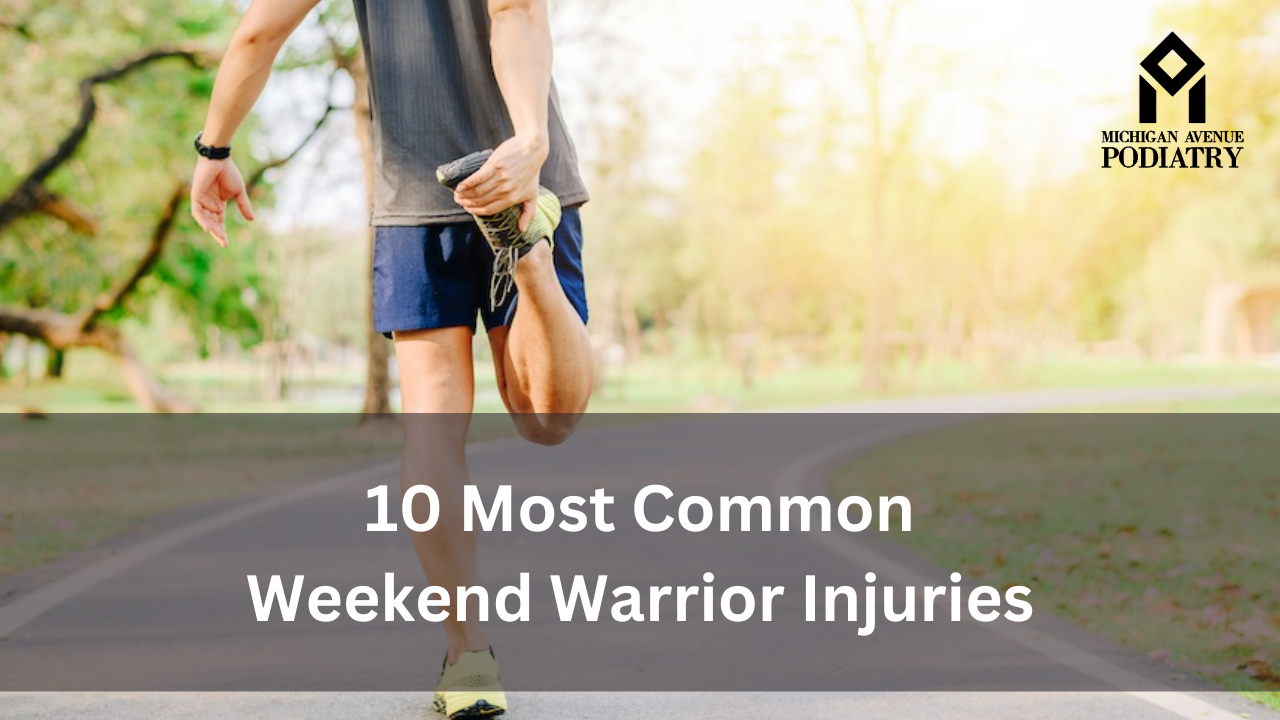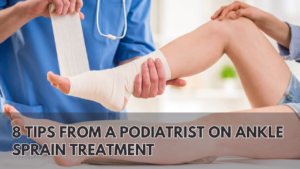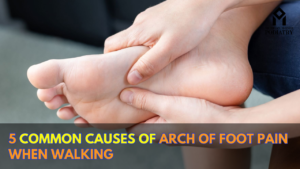Many of us spend our weekdays sitting at desks, but when the weekend arrives, we’re eager to get active and engage in our favorite sports and activities like running, tennis, or basketball. However, these bursts of activity can sometimes lead to injuries that could have been avoided with the right precautions. Let’s explore the ten most common injuries among weekend warriors and learn how to lower the risk of getting hurt.
- Sprained Ankles: Spraining an ankle happens when you stretch a ligament too far. You’ll feel pain, swelling, and stiffness, especially when you put weight on your foot. To prevent this, wear supportive athletic shoes and do balancing exercises to strengthen your muscles.
- Shin Splints: Shin splints often affect runners due to repetitive impact. Strengthening exercises for your feet, ankles, calves, and hips can help prevent this. Strengthening your core muscles also provides better support during long runs.
- IT Band Syndrome: This syndrome, common in long-distance runners, causes pain in the knee or hip. Strengthening your core and hips can help avoid it. Otherwise, recovery may take months.
- Pulled Groin: Intense sports with lots of side-to-side movement, like soccer, can lead to groin pulls. Warm up properly and strengthen your hips, thighs, and glutes to prevent this injury.
- Tennis Elbow: Despite its name, tennis elbow can occur in various sports. Stretch your forearms and wrists before and after playing, and stop if you feel any arm pain. Ensure your equipment fits properly and use the correct technique.
- Shoulder Injuries: Golf, tennis, and baseball players often experience shoulder strains. Warm up, stretch, and ice if injured. Seek help if pain persists.
- Hamstring Strains: These occur when the muscles at the back of your thigh get injured. Stretching before and after exercise can help prevent them.
- Concussions: Head injuries can cause severe symptoms. Always wear a helmet during contact sports.
- ACL Tears: A torn ligament in the knee can be serious. Warm up properly and rest if you feel knee pain.
- Hip Flexor Strains: Strengthen your core and hips to stabilize your body while running, reducing the risk of hip flexor strains.
Conclusion: If you’ve experienced any of these injuries, don’t hesitate to seek medical attention from an expert podiatrist for a proper diagnosis and treatment plan. By taking preventive measures and listening to your body, you can stay active and enjoy your favorite activities injury-free.
To schedule an appointment with our board-certified foot and ankle specialists, Book Your Appointment Now




